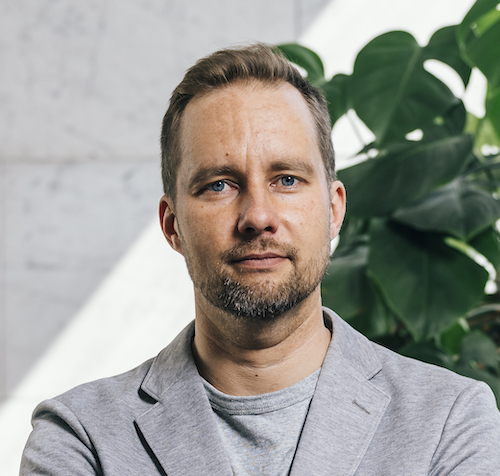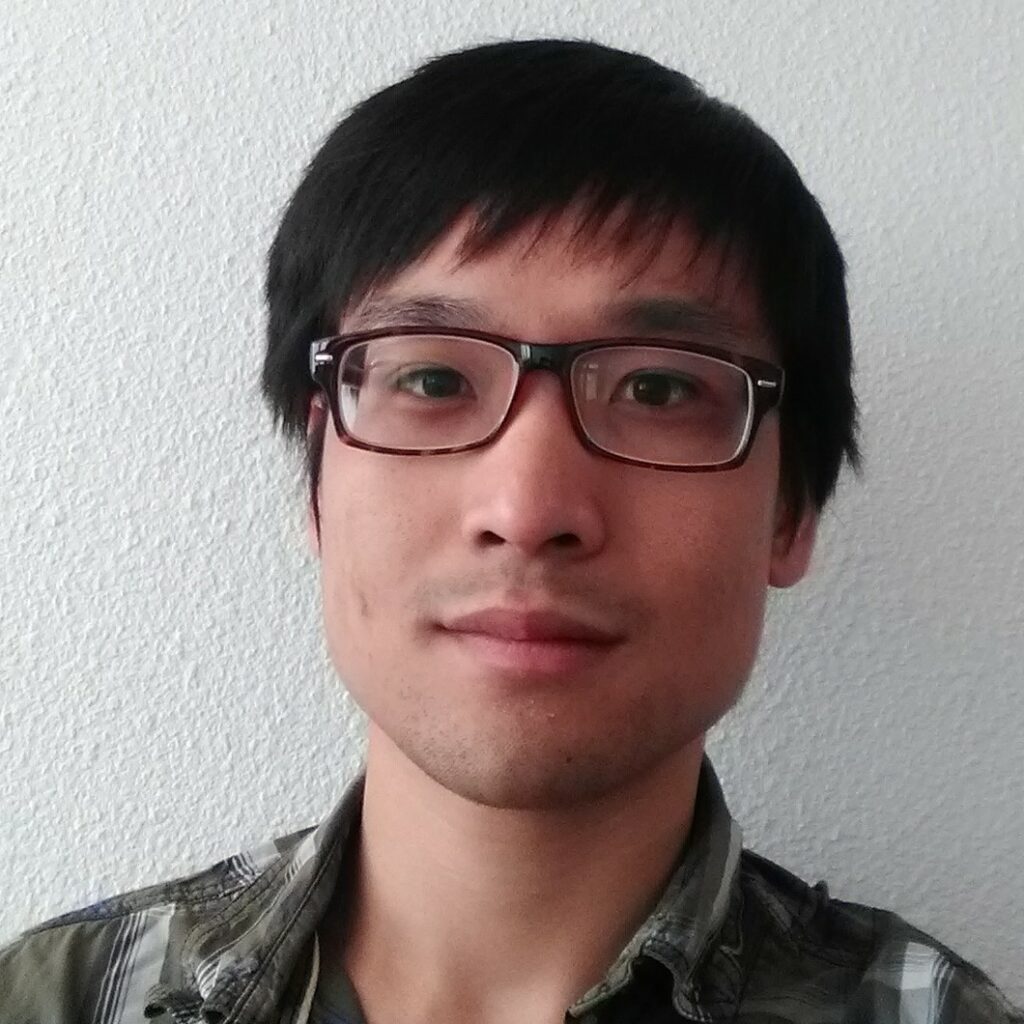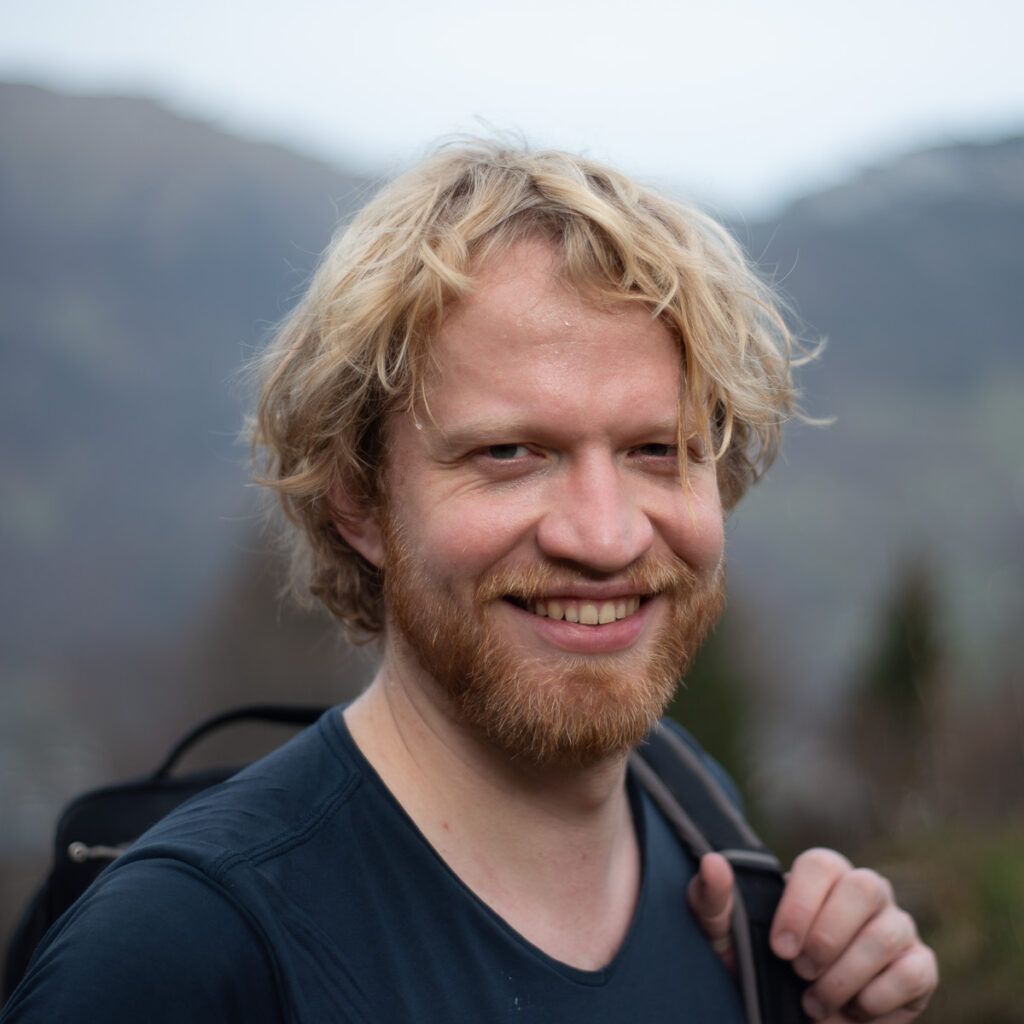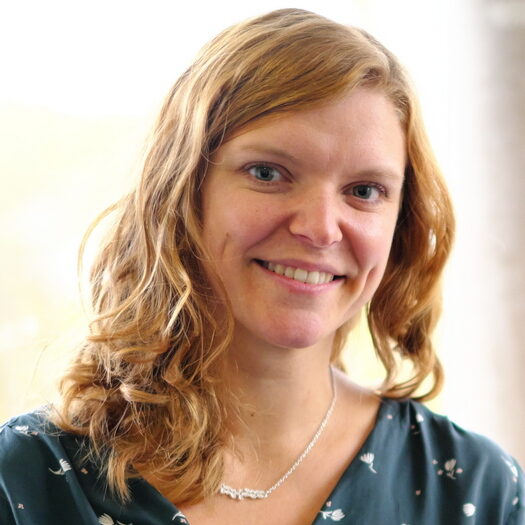
University of Glasgow, Scotland
John H. Williamson is a Senior Lecturer at the University of Glasgow. His research interests are around machine learning for novel sensing devices, probabilistic modelling and filtering for interaction, and the use of Bayesian methods more generally in HCI. In the past he has worked on brain-computer interfaces, mobile interaction and real-time sonification. He organised the first summer school on Computational Interaction in 2015.

Columbia University
Lydia Chilton is assistant professor at Columbia University. Her area of study is in Human-Computer Interaction. Her research is in AI+design – How AI can help people with design, innovation, and creative problem-solving. Application include: creating media for journalism, developing technology for public libraries, improving risk communication during hurricanes, helping scientists explain their work, and improving mental health in marginalized communities.

Sorbonne Université
Laure Soulier is an Associate Professor at Sorbonne University in the ISIR laboratory. Her research focuses on deep learning techniques for natural language processing and information retrieval tasks. Her contributions rely on (large) language models for factual text generation, structured information synthesis, and conversational search engines/RAG. She recently started to investigate robotics applications such as action planification or multimodal gesture generation.

Aalto University & Finnish Center for AI
Antti Oulasvirta leads the Computational Behavior Lab (cbl.aalto.fi) at Aalto University and the Interactive AI research program at FCAI (Finnish Center for AI). He was awarded the ERC Starting Grant (2015-2020) for research on computational design of user interfaces and the ERC Advanced Grant (2024-2029) for studying computational models of human behavior.

Institute of Cognitive Sciences Marc Jeannerod
Jean-Claude Dreher leads the Neuroeconomics, Reward and Decision making team. He investigates the neural mechanisms underlying decision making, motivation and reward processing in humans. He uses experimental tools such as model-based functional Magnetic Resonance Imaging to understand the brain computations involved when making a choice. He currently investigates how the human brain learns and makes decisions in social situations, to shed light on the neural processes behind our interactions with others. Initially, we focused on understanding how the brain makes simple, individual choices. Building on these insights, we have recently turned our attention to more complex moral and social decision-making necessary in the digital age. Now, our work delves into the dynamic interplay between individual choices and the behavior of larger groups or networks. We aim to uncover how emerging collective behaviors influence our personal decisions and vice versa. He was recently awarded the PEPR COMCOMBr to study COmputational Modeling of COllaboration and Mentalization in networks with Benevolent Bots.

Institute of Cognitive Sciences Marc Jeannerod
Toan NONG has an Engineering degree from Supélec (France) and a MSc in Electrical Engineering and Information Technology from Technical University Munich (Germany). He got interested in Neuroengineering during his MSc and did his PhD in Dreher Lab at Marc Jeannerod Institute in Bron, France. His research his centered around computational modeling of social decision. He is particularly interested in Theory-of-Mind, the ability to represent others’ mental states and decision processes, applied to Neuroeconomics games.

Aalto University
Thomas Langerak is a postdoctoral researcher at Aalto University. His research focuses on modeling human behavior using Reinforcement Learning to better understand and improve interactions with intelligent systems. Through his research, he strives to bridge the gap between AI and human behavior, making intelligent systems more adaptive, intuitive, and human-centered.

Saarland University
Anna is a researcher in Human-Computer Interaction and a full Professor at the Department of Computer Science at Saarland University, Germany where she leads the Computational Interaction group. Previously, she was a postdoctoral researcher at the AIT Group of Prof. Otmar Hilliges at ETH Zurich. She received a Doctoral degree from Aalto University in Helsinki where she worked with Prof. Antti Oulasvirta in the User Interfaces group. Before that, she studied Computer Science at Saarland University, Germany.
Luis Leiva is a professor of the department of computer science at the University of Luxembourg. His research lies at the intersection of Machine Learning and Human-Computer Interaction. He is also co-founder and former CTO of Sciling, a Spanish company specialized in Machine Learning solutions.

